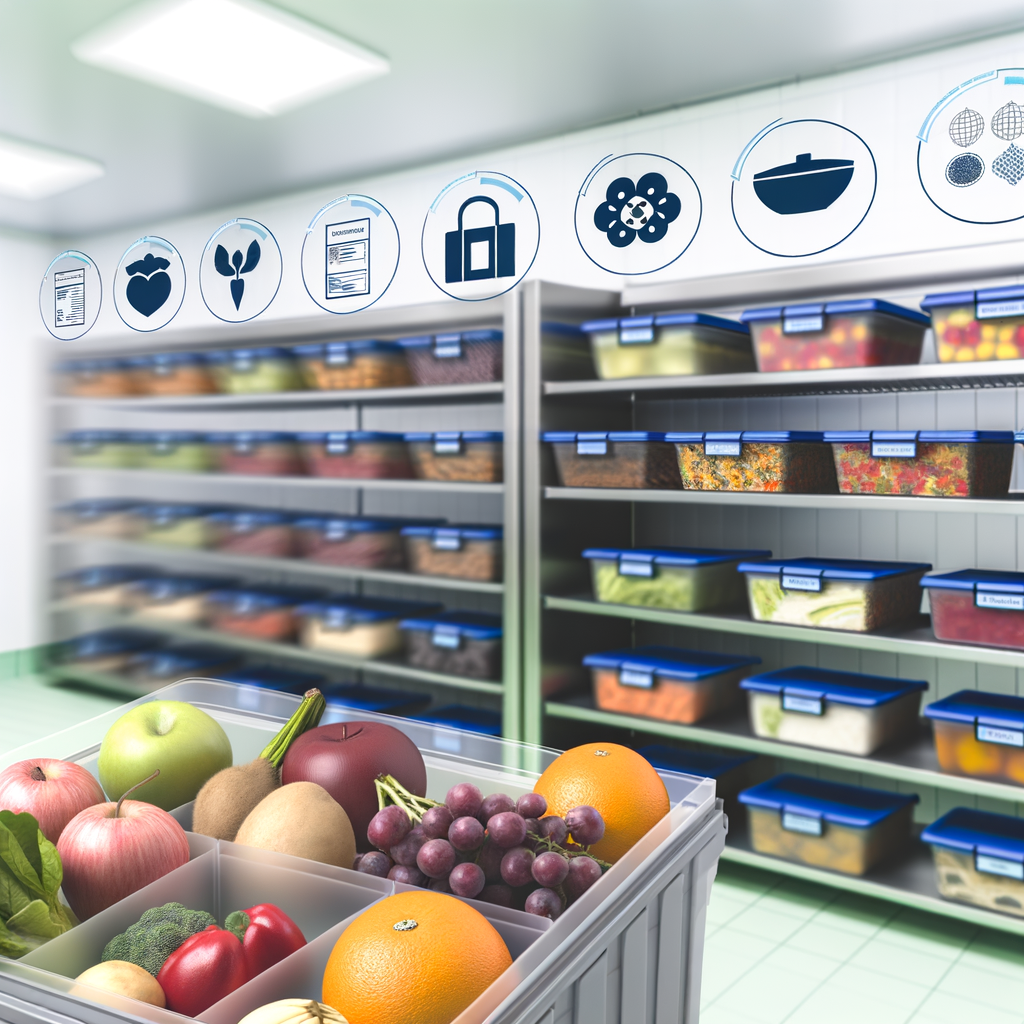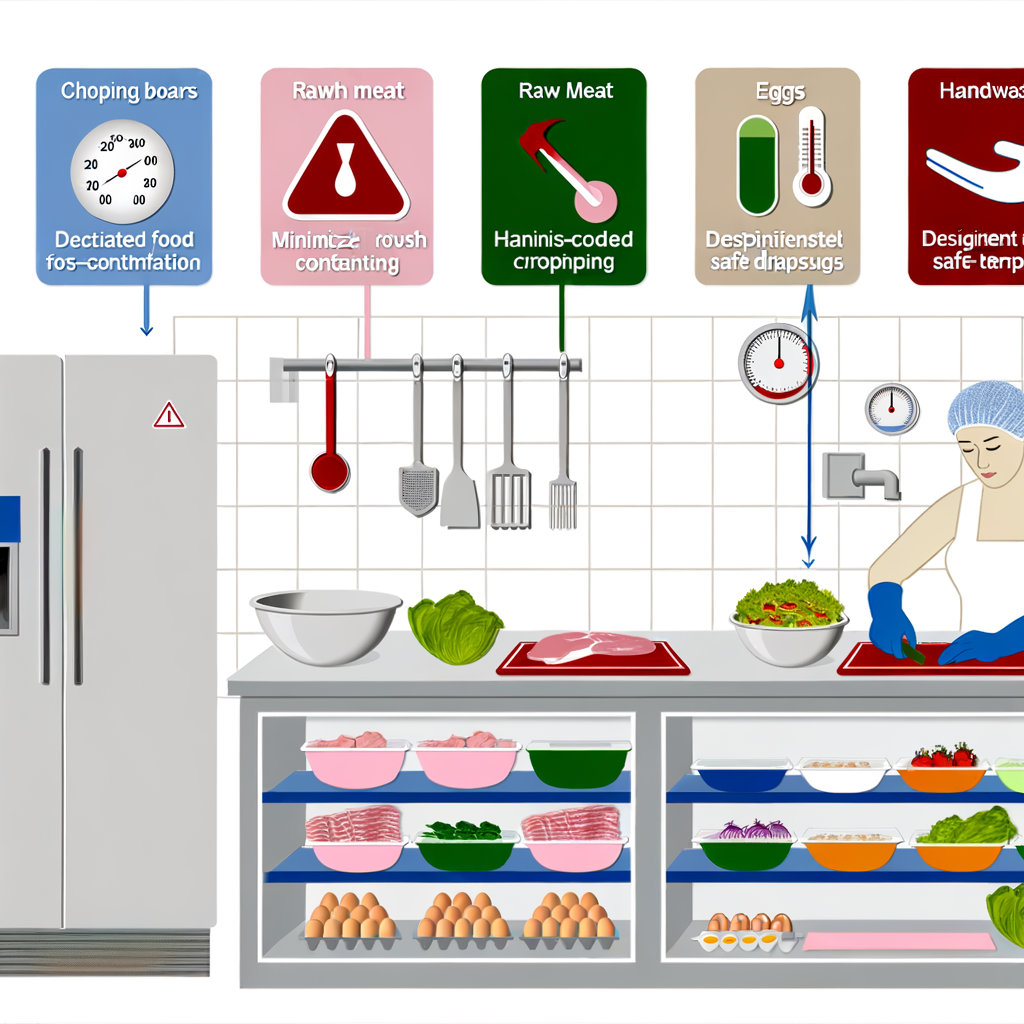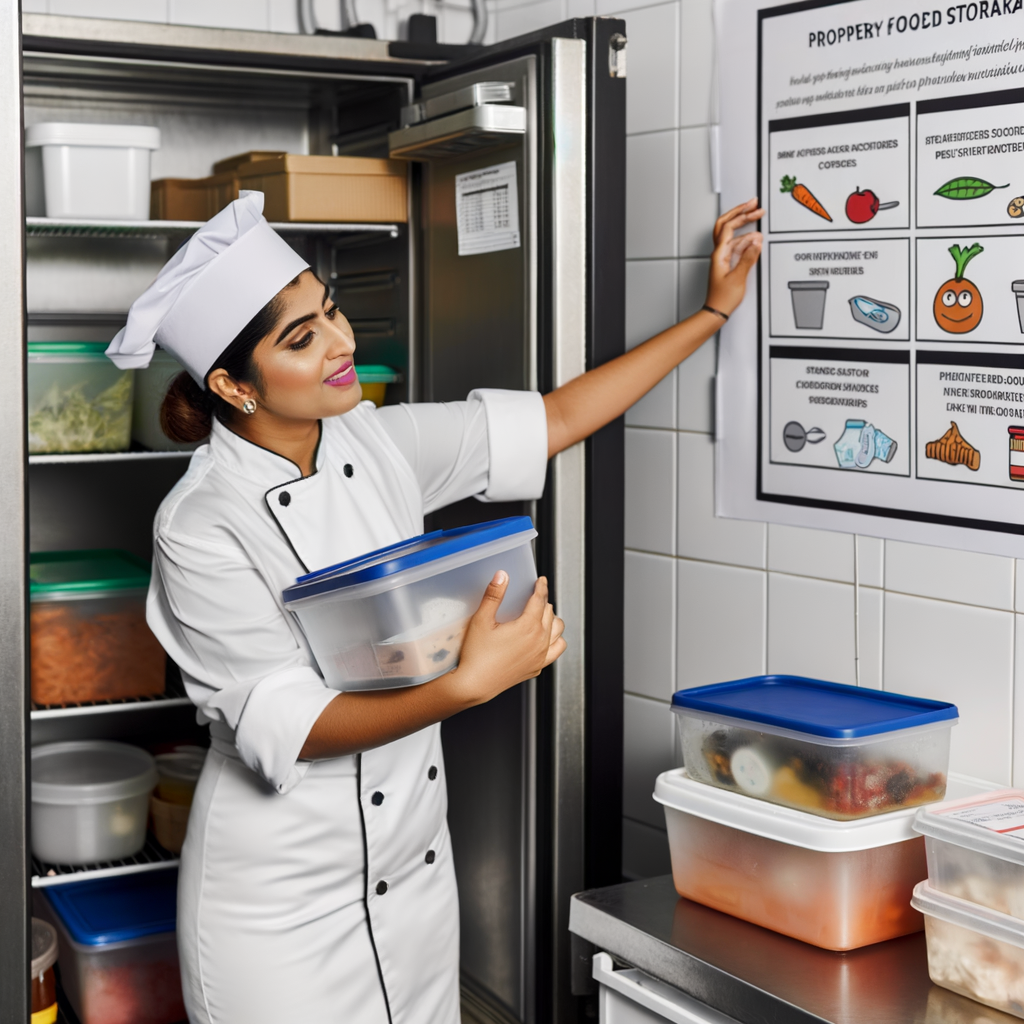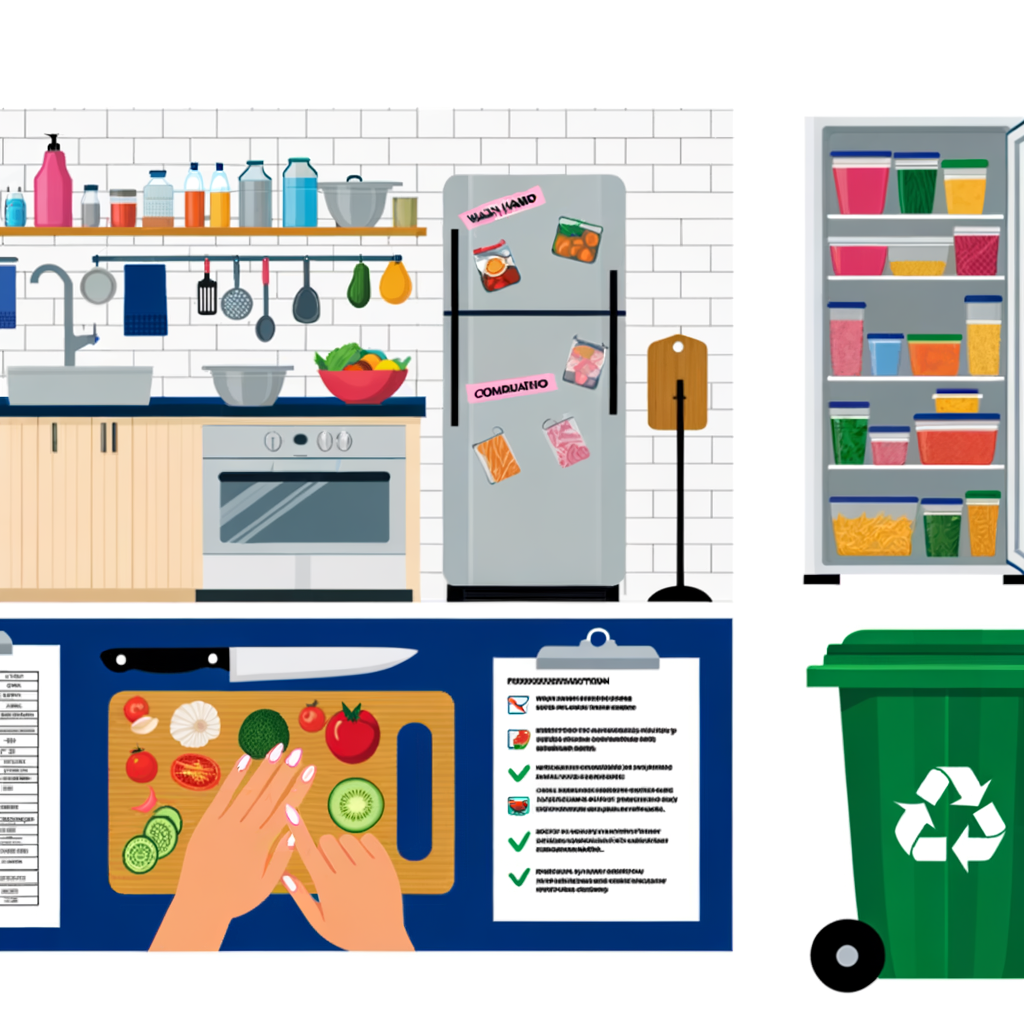Food safety is a critical aspect of any kitchen, especially in a professional setting. As an expert chef, I cannot stress enough the importance of proper storage when it comes to keeping food safe for consumption. In Europe, where food culture is deeply ingrained, it is crucial that we understand the best practices for storing food to prevent foodborne illnesses.
One of the key factors in proper storage is maintaining the correct temperature. Perishable foods such as meat, dairy, and eggs should be stored at or below 40°F (4°C) to prevent bacterial growth. This can be achieved by using refrigerators or coolers. However, it is important to regularly check and calibrate the temperature of these appliances to ensure they are functioning correctly.
In addition to temperature, it is essential to properly package and label foods. This not only helps with organization but also prevents cross-contamination. Raw meats, for example, should always be stored on the bottom shelf to prevent any drippings from contaminating other foods. It is also important to clearly label all foods with their name and date of storage to avoid confusion and prevent consuming expired items.
Lastly, proper storage also means knowing when to discard food. Perishable items should be consumed or thrown out within a certain time frame, depending on the type of food. This information can usually be found on the packaging or by consulting a food safety guide.
In conclusion, as a chef, I understand the importance of food safety and proper storage. By following these guidelines, we can ensure that the food we serve is safe, delicious, and free from any harmful bacteria. Let’s continue to prioritize food safety in our kitchens and uphold the rich culinary heritage of Europe.





